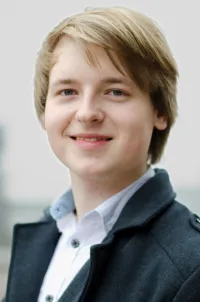Master 1 subject
History, Master 1 subject
- How do we know anything about historical events?
- How are historical events evaluated today?
- To what extent can this reception reveal something about contemporary societies?
- What is history in the first place? Who writes and relates history, and did the things we learn from sources and history books truly happen like that?
- What is memory culture, what is collective memory? Do we need monuments and memorials?
- Why is the First Crusade still relevant in the 21st century?In what way can it be problematic to name streets or places after historical figures?
Profile |
|
|
Degree
|
Master of Arts
|
|
Start
|
Winter- and summer semester
|
|
Duration
|
4 semesters
|
|
Classroom language
|
German
|
Other degree programs in the subject
rub
